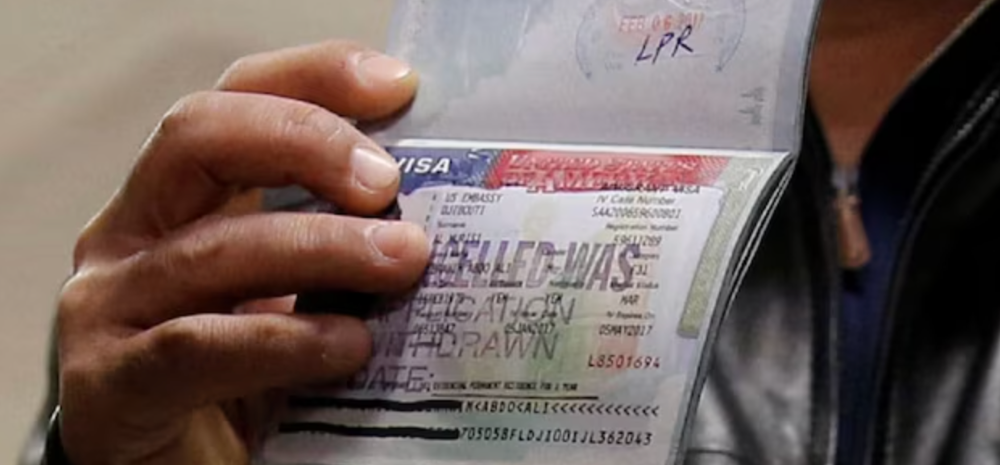The Biden administration has launched a significant initiative named “Keeping Families Together,” offering a pathway to legal status for approximately 550,000 noncitizen spouses and stepchildren of US citizens. This program is seen as a major step in addressing the complex issue of illegal immigration and aims to bring stability to thousands of families.

‘Keeping Families Together’ Initiative
The “Keeping Families Together” program is designed to remove the barriers that have long prevented noncitizen spouses of US citizens from gaining legal status. Under this initiative, eligible spouses and stepchildren can apply for lawful permanent residence without leaving the United States. This move is expected to alleviate years of uncertainty and fear for many families who have been living in the shadows.
Eligibility and Requirements
To qualify, noncitizen spouses must have lived in the US continuously for at least 10 years as of June 17, 2024, and must have been married to a US citizen by that date. Similarly, noncitizen stepchildren under the age of 21 as of June 17, 2024, are also eligible. Applicants must file Form I-131F and meet specific criteria, including a clean criminal record and required background checks.
Reactions and Criticisms
While the program has been welcomed by many as a compassionate solution, it has also sparked criticism. Immigration groups like the Federation for American Immigration Reform (FAIR) have labeled the initiative as overly generous and unfair to those who have followed legal immigration processes. On the other hand, many noncitizens who left the country voluntarily in hopes of reentering legally feel left out of this new policy, creating a sense of frustration and despair.
Conclusion
The “Keeping Families Together” program marks one of the most significant immigration policies under the Biden administration, offering a pathway to citizenship for hundreds of thousands of noncitizen spouses and stepchildren. While it has been praised for its focus on family unity, it has also ignited debates on the fairness and legality of such broad measures.











